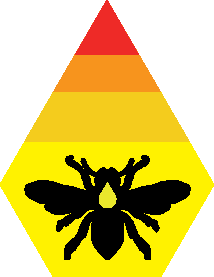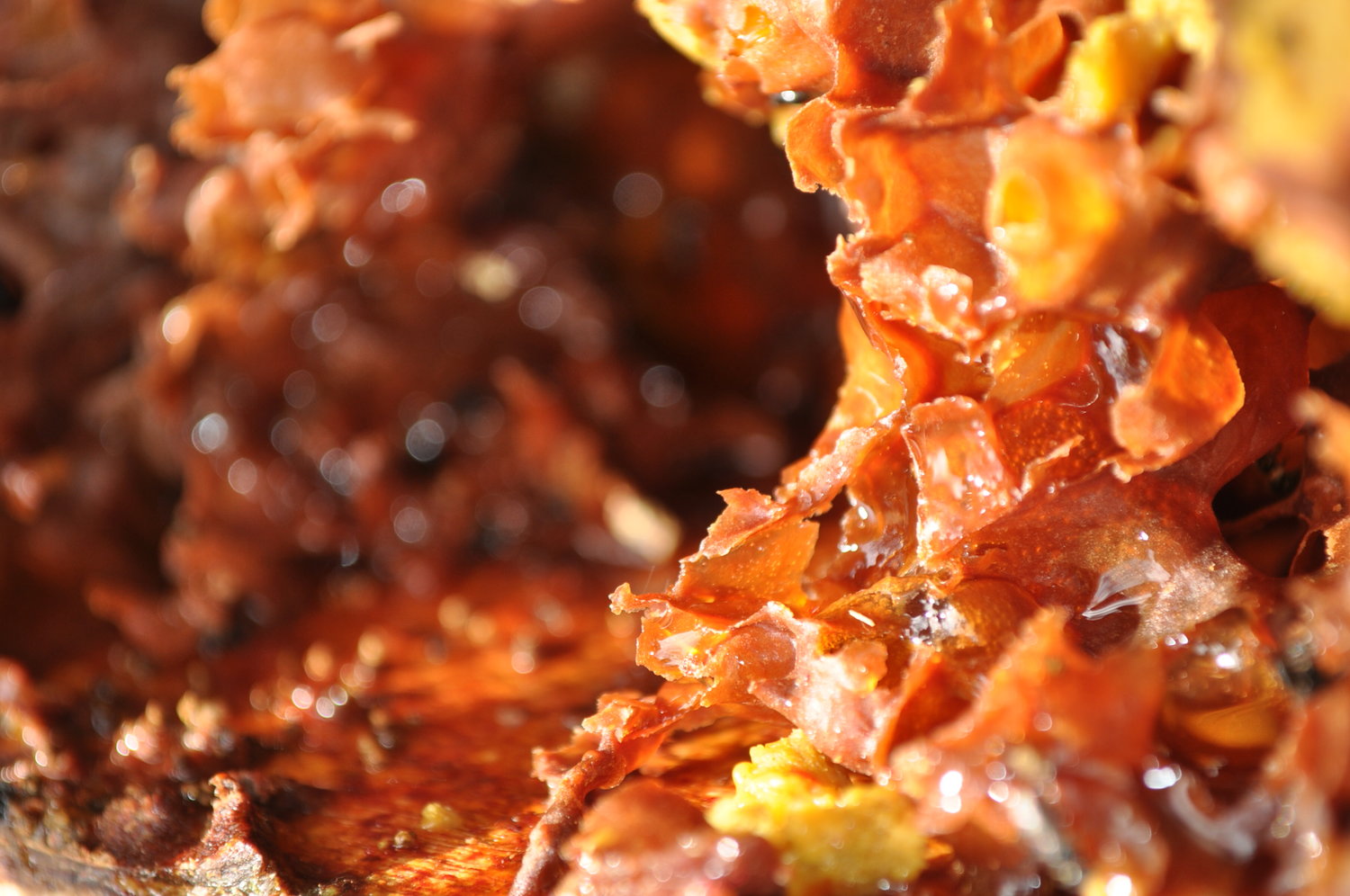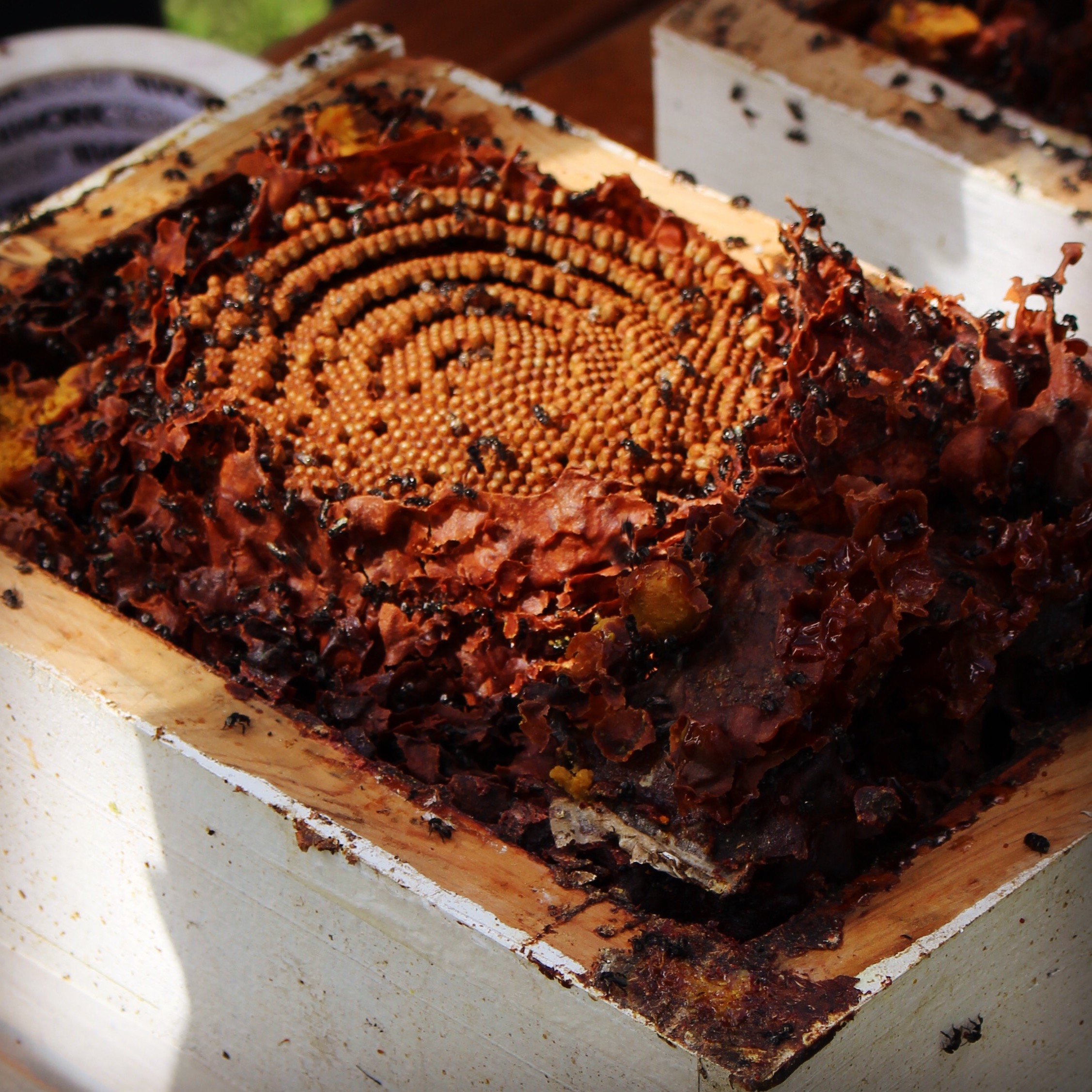• STINGLESS BEE HONEY TASTING & INSIDE THE HIVES •
One of the many events on International Permaculture Day at Moss House
SUNDAY May 7 • 14 Burmah Rd, Denistone SYDNEY NSW 2114, Australia
Join in & Celebrate International Permaculture Day this year at the almighty permaculture home, gardens & education hub of Margaret Mossakowska's Moss House
Sydney Native Bees will be there in the middle of the day with a couple of native stingless bee hives, set up with viewing panels, to give you the opportunity to
• Look Inside the Hives • Spot the Queen •
& we will also be offering a rare opportunityfor you to taste honey from 5 unique colonies, of 2 species of stingless bees, endemic to the east coast of Australia.
• sugarbag tasting • N G A R R U U • stingless bee honey •
Margaret is also a Meliponist (Stingless beekeeper) and currently has two hives on her property for you to 'observe & interact' with.
There is going to be heaps of happenings on the day for you to also indulge in.Come for an opportunity to visit Moss House, an award-winning food garden which featured in ABC Gardening Australia show http://www.abc.net.au/gardening/stories/s4466290.htm
The garden belongs to the Living Skills Co-ordinator of Permaculture Sydney North and was designed with the primary goal to provide the owners with food and medicinal plants. Visitors will get to see a large suburban food garden with features such as eleven raised vegetable beds (seven of which are self-watering), food forest, large composting bays and worm farms, a chicken forest, native stingless bees beehives, insectary gardens, a habitat pond and more.
PROGRAM of talks and garden tours:
• 10:00 am – GARDEN OPENS
• 10:00-11:00 –Crop Swap Sydney
• 10:40 – guided garden tour
• 11:00-12:30 – wild food foraging walk with Diego Bonetto
• 11:30 – wild fermenting talk
• 12:00 - 2:00pm Sydney Native Bees - Honey Tasting & Inside the Hives
• 12:30 – guided garden tour
• 1:00-2:30 – wild food foraging walk with Diego Bonetto
• 2:30 – guided garden tour
• 3:30 – guided garden tour
• 4:00 pm – GARDEN CLOSES
PERMACULTURE DAY






















